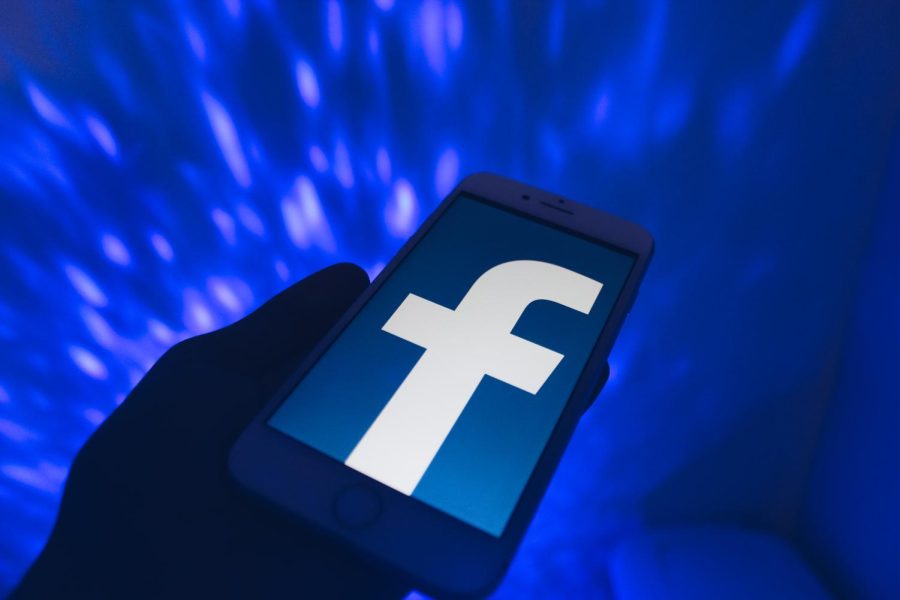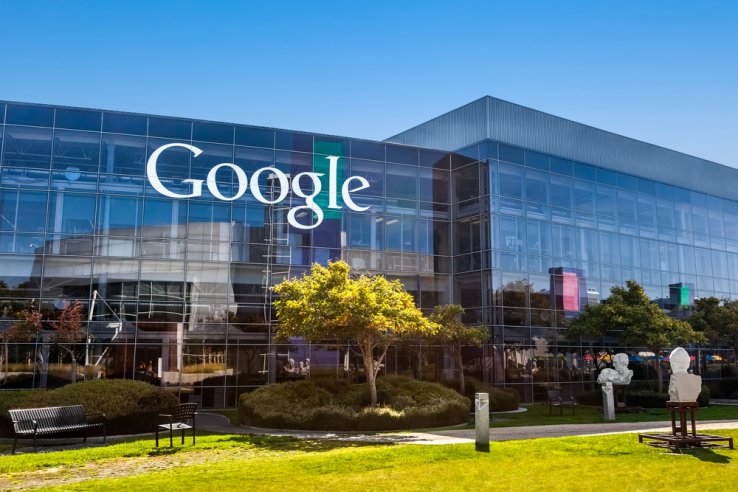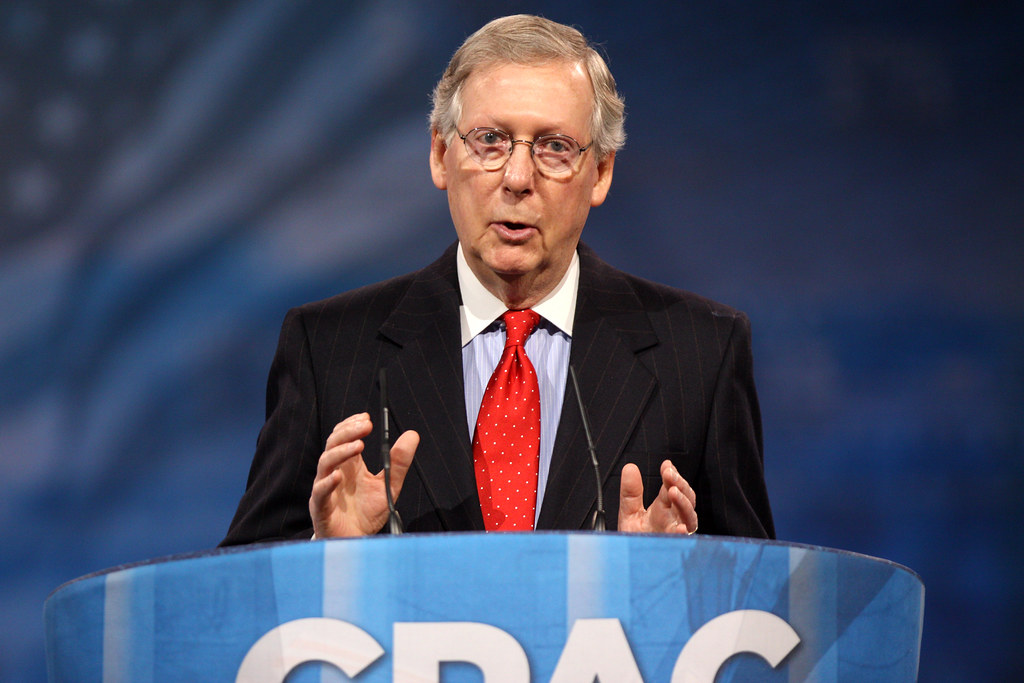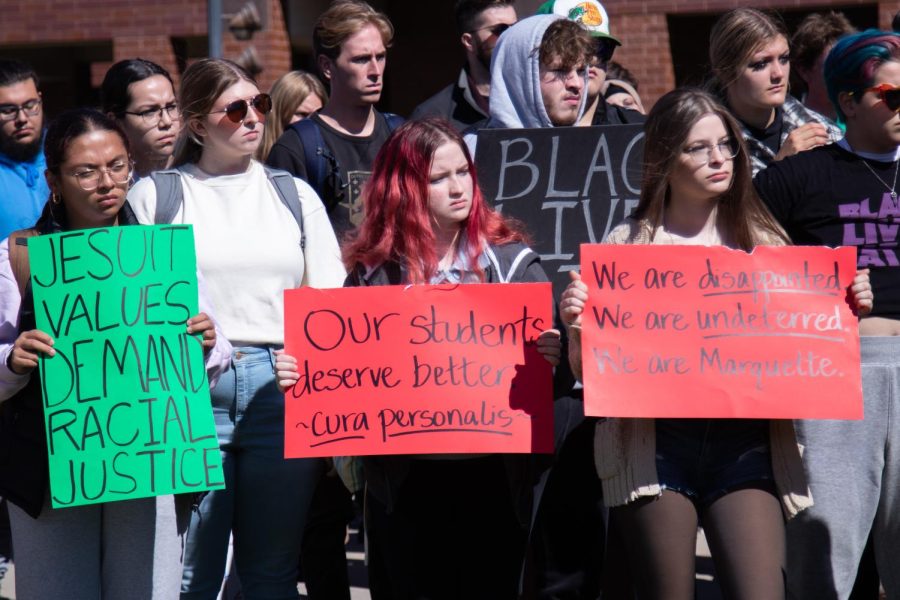Every day, social media poses an alarming threat to the well-being of our society. To reverse the trajectory in which our society seems to be on, Facebook and other Big Tech companies that have monopolized the social media market need to make more ethical revisions to their apps. These revisions must emphasize the emotional well-being and safety of the app users, rather than profits.
Facebook and its subsect of other social media apps including Instagram and WhatsApp experienced a six hour-long outage Oct. 4. Facebook stated that the outage was caused by “configuration changes” on the backbone routers for all of its social media platforms.
However, this outage happened mere hours after the release of a “60 Minutes” interview with whistleblower Frances Haugen, a former product manager at Facebook who gathered documents that exposed Facebook for intentionally causing harm to users. Individuals began to speculate that this blackout across major social media platforms was not a result of a system failure, but rather a systematic approach to clearing data that may have indicted the Facebook corporation.
Haugen is not the only person to criticize companies like Facebook. Member of Congress have also scrutinized Big Tech. Both congressional parties have condemned aspects of these platforms, creating bipartisan unity surrounding Haugen’s claim of harm. Republicans have formerly criticized Facebook for minimizing conservative voices while Democrats castigated the platform for spreading misinformation regarding the 2016 and 2020 election and COVID-19 health information, contributing to societal polarization.
In her congressional appearance Oct. 5, Haugen strayed from these former topics and emphasized the impact that social media has been having on the mental health of children, primarily teenage girls. Facebook said it’s aware of the fact that its platform Instagram has been damaging to the mental health of teenage girls for the past three years. Many startling statistics emerged from an Instagram presentation on mental health March 2020 regarding the company’s research about the correlation between mental health and social media, such as 32% of teenage girls confirming that “when they felt bad about their bodies, Instagram made them feel worse.”
Haugen not only commented on the threat to children, but also emphasized the threat of misinformation perpetuated by Facebook and privacy concerns that make these systems unsafe. Facebook knows who a person speaks to, when they engage and what content they engage with. There is little a person can do to protect their privacy and control what they view due to algorithms on social media.
“It is very important to me that everything we build is safe and good for kids,” Facebook’s CEO Mark Zuckerberg said in response to Haugen’s complaints.
Despite this attempt of reassurance, the lack of privacy as well as mental health concerns presents the reality that Facebook and Instagram are not safe for children.
Complaints about these social media dilemmas have increased in recent years, as these platforms, meant to celebrate the joys of human interaction and life, have brought on a demoralizing cycle of comparison to an idealized reality. Photo-sharing apps like Facebook and Instagram are human highlight reels where people do little to expose the misgivings of their lives. These social media platforms are polished to perfection and are a source of constant comparison to the user’s peers. Despite knowing all of this through research, Instagram has done little to prioritize the well-being of their users.
These companies are prioritizing profit over people. Facebook reported this year that its first quarter total revenue was $26,171 million dollars, which was a 48% increase from the 2020 first quarter.
Although the humanistic purpose of social media is to see people as individuals, these companies only view users as a source for revenue. To make money, these platforms have ingrained themselves into our everyday life, using Facebook Login to sign-up for other Internet websites or creating multiple instant messaging services such as Facebook Messenger or WhatsApp.
Perhaps the social media outage was exactly what users needed: a break. Closing social media for either a day or two each week or having business hours in which one person could use the app could present a possible way to step away from society’s reliance on these platforms.
Social media is too present in our everyday lives to get rid of it. However, taking a break may help users reconquer the little power they have against these corporations.
This story was written by Laura Niezgoda. She can be reached at [email protected]









